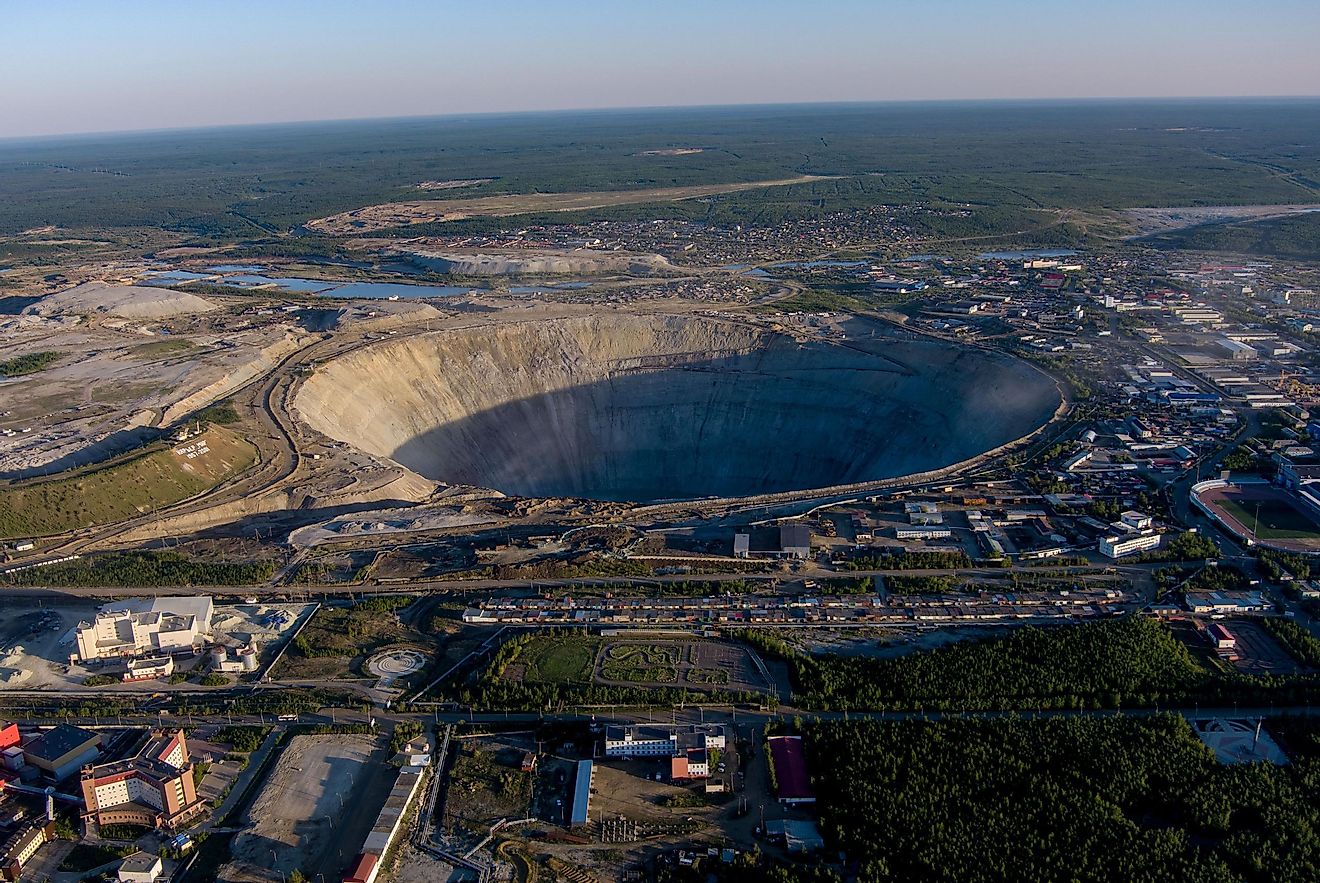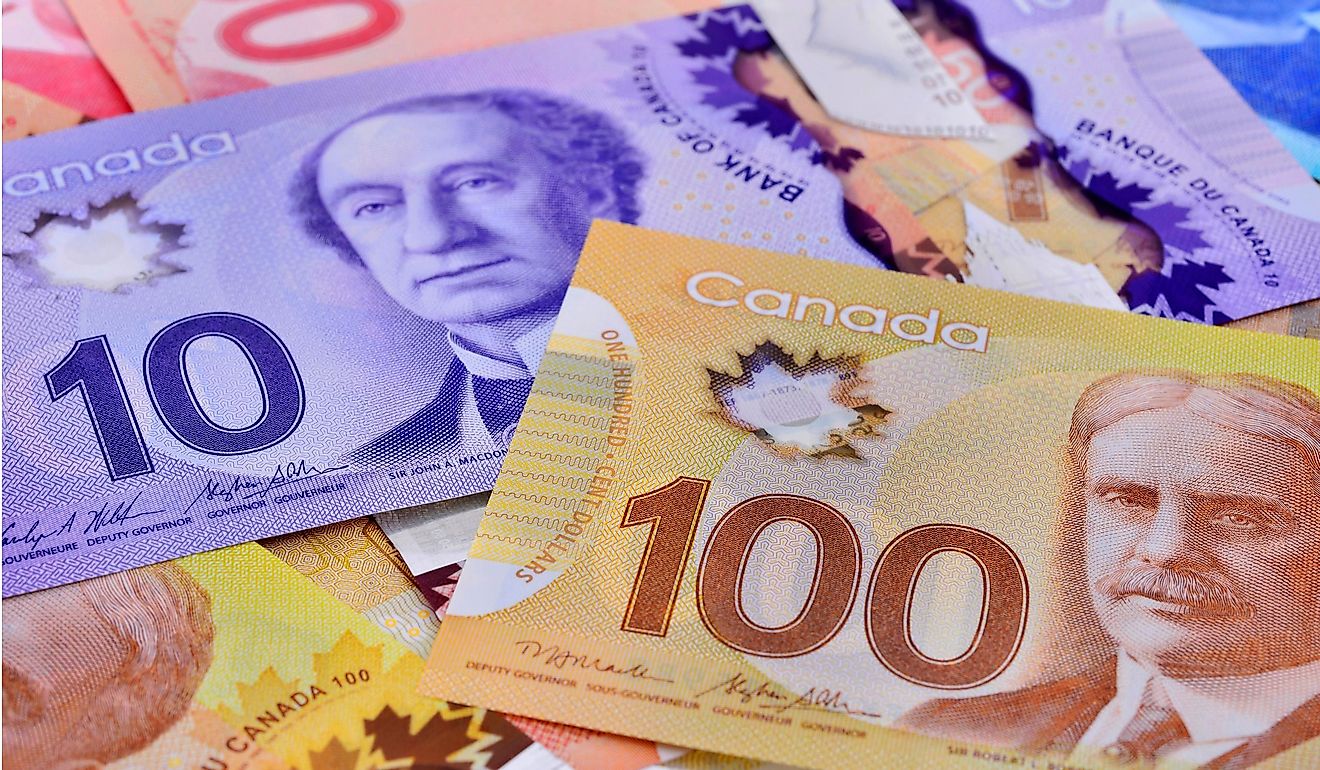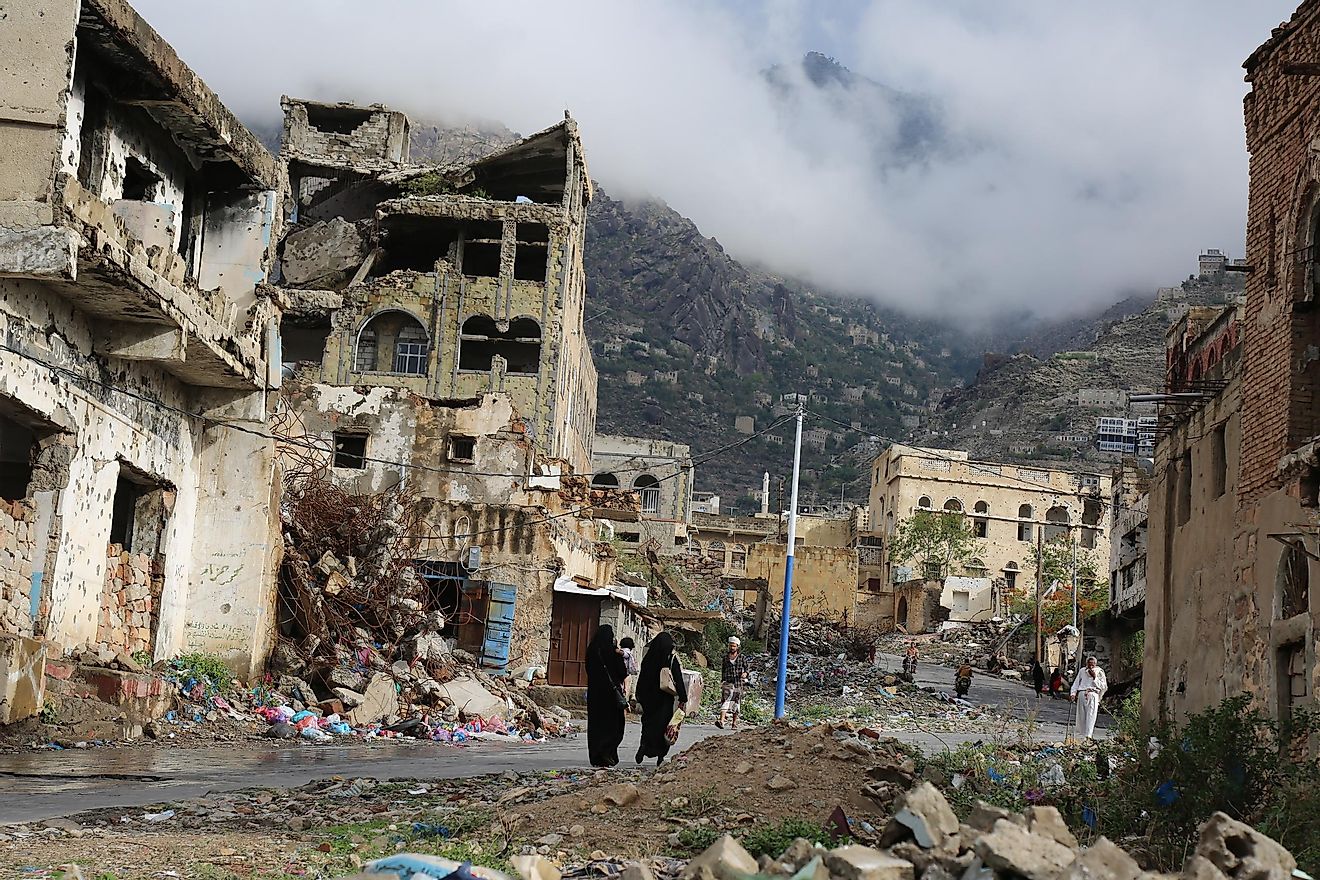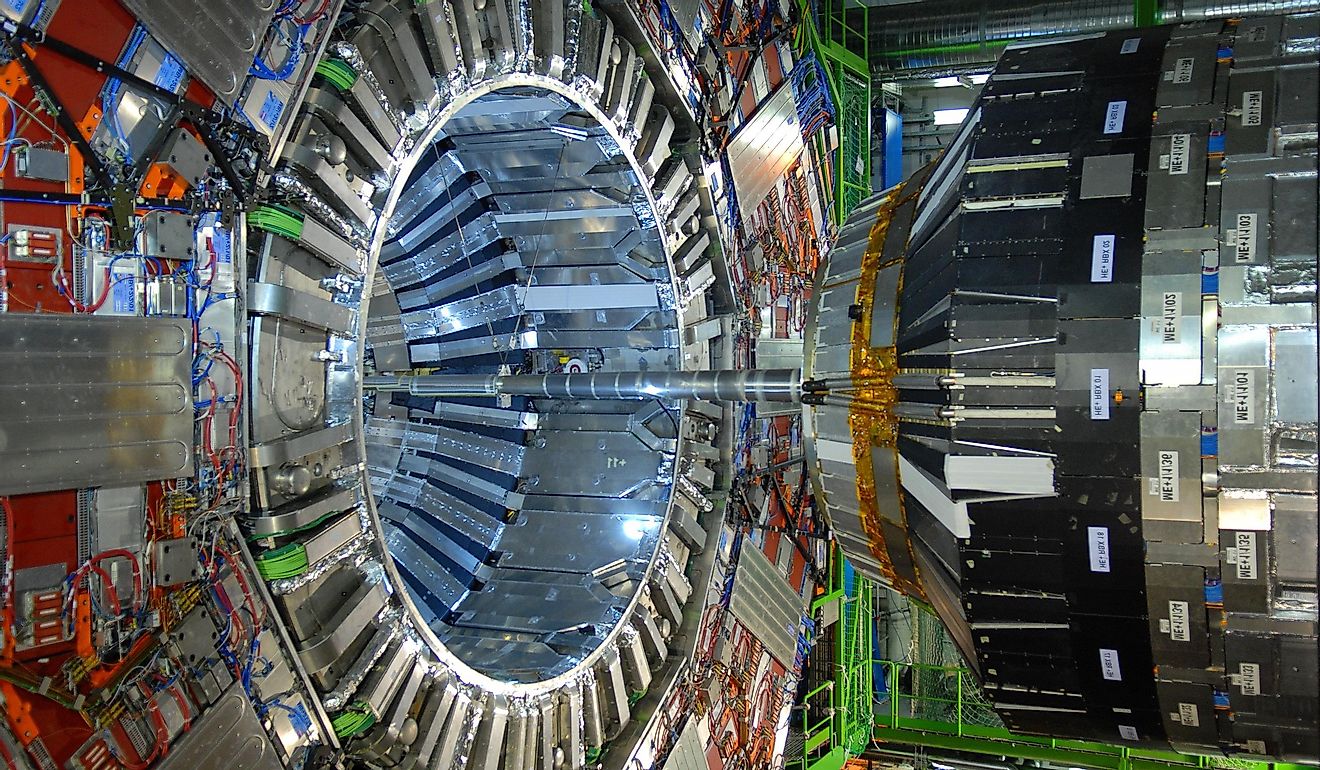What Is A Bitcoin ATM and Where Are They Found?

The Bitcoin ATM was invented as the internet machine which enables an individual to exchange bitcoins and cash. A Bitcoin ATM differs from the traditional ATM in several aspects one of them being that it does not link to a bank account but a Bitcoin exchange. A Bitcoin ATM is connected to the internet, and it enables one to insert cash for bitcoins which can be given as a paper receipt or through moving funds to a public key on the blockchain. Some Bitcoin ATMs allow a user to purchase bitcoins and redeem the same for cash while users with existing accounts are the only group of people who can use some Bitcoin ATMs as required by providers. Brian Krebs raised concerns in 2016 over the use of these machines for money mulling.
History
The initial publicly accessible bitcoin machine to operate in the world was unveiled in the Waves coffee shop in Vancouver, Canada on October 29, 2013. The Robocoin machine operated until January 2016. Several Robocoin machines have subsequently been converted to operate other software. The first machine to operate in the US went online in an Albuquerque cigar bar on February 18, 2014, but it was shut down after 30 days. The D Casino unveiled the first Bitcoin ATM in a Las Vegas Casino in 2013. A bitcoin machine operator based in New Zealand announced they were forced to shut-down operations because of interference with banks in 2014.
Bitcoin ATM's In Different Parts Of The World
North America
Coin ATM Radar estimates that over 800 Bitcoin ATMs are operating on US soil as of 2017. Small shop owners are earning approximately $300 each month for rental space. Users of the ATMs pay 16% in transaction fees, and online transaction fees are about 7.5%. Bitcoin machines remain unregulated in neighboring Canada although regulations have been formally suggested for all bitcoin exchangers. The country's Finance Minister in February 2014 announced plans to initiate anti-terrorist and anti-money laundering financing regulations for all the virtual currencies including Bitcoin.
Kosovo
The Albvision Group manages a Bitcoin machine in Kosovo, and it is reportedly situated in Pristina. The firm began operating in 2000, and it has a workforce of 54. The company is involved in the telecommunications, information and security systems, energy, and banking sectors where it provides strategic and professionals services. The Central Bank of Kosovo had warned citizens against the use of digital currencies before news of the establishment of the machine was released. Banks such as the Raiffeisen and TEB have asserted that they do not engage in transactions in digital currencies. The country imported equipment valued at 800,000 euros which were channeled into the production of bitcoin mining devices. Albvision Group announced plans to install Bitcoin ATMs in Skopje and Tirana.
Asia
Bitcoin ATMs have been propping up across Asia in the recent years. About 4% of these machines operate in Asia. Japan has 11 of these machines followed by Hong Kong and Macau with four and China, Singapore, and Indonesia with three. South Korea and Malaysia have two Bitcoin ATMs with Kazakhstan, Kyrgyzstan, and the Philippines having one each. Bitcoin Vietnam agreed to a partnership with Easybit to operate BitAccess machines in the country. This partnership will facilitate the establishment of an additional three Bitcoin machines to the one running in Ho Chi Minh City.







